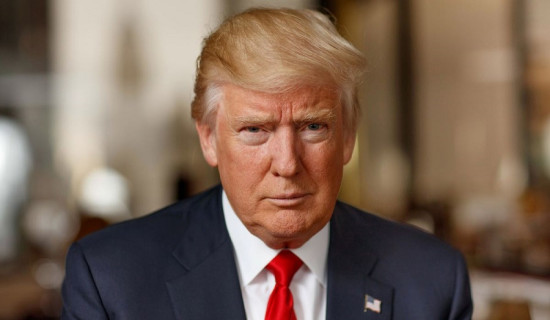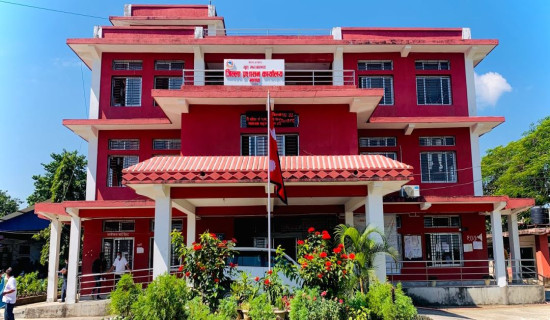- Monday, 2 February 2026
Reshaping Private Education Sector
Over the last two decades, the debates on the private education sector in Nepal have become more intense, with differing perspectives, interests, and motives among stakeholders. In fact, this issue of private education stood out prominently during the parliamentary review of the School Education Bill, 2023, as one of the key issues in the process. Given this context, what is the dimension, nature, and scope of the debate? What is the role of private school operators? What are the options and alternatives to the private education sector in the short and long run? In exploring the futures of the private education sector, there is a need to redefine it in the changed social, political, and economic contexts of the country.
In the past one or two years, the contestation over private education has centred on constitutional and legal provisions for free and compulsory education up to grade eight and free education up to grade twelve. As education has been considered a fundamental human right, the legitimacy of private schools is openly questioned. In line with this, the School Education Bill 2023 takes a rather radical stance on private schools, with no provision for granting permission to establish and operate new private company schools. Instead, it stipulates that private schools registered under the Companies Act can be converted into public trust schools under local governments after the new act comes into force.
Amendment proposals
In the amendment proposals, some of the members of parliament set a timeline for private schools to be converted into public trust schools. This sort of provision aligns with the recommendation of the High-Level National Education Commission 2018. On the contrary, there is another strand of argument that advocates for liberal policies for the operation, existence, and expansion of private schools in the country. Proponents of this view question whether the Nepali state can take full responsibility for delivering free education services to all citizens without involving the private sector. Is it possible to do so based on our country’s existing economic condition?
This brings us to the ground, making us ponder the question with reference to contextual realities. These questions should be considered, taking into account the fact that private schools comprise around twenty per cent of the total education services in the country. This line of argument is based on neoliberal socio-economic policy that was adopted in Nepal during and after the restoration of democracy. It can be observed that the state and mainstream political parties are in favour of private schools, as is often expressed in the public sphere. In line with this, a majority of the members of parliament have proposed amendments in the school education bill to grant the establishment and operation of profit-motivated private company schools, as in the past.
However, it is against the recently introduced legal measure — the Free and Compulsory Education Act 2018. In case they are successful in having provision for the establishment and operation of private schools, as in the past, it will conflict with the existing constitutional and legal provisions. Therefore, it appears unlikely the new Education Act will include provisions permitting the establishment of profit-motivated private schools. As has been observed over the last few decades, private school operators are key players and have significant power and linkages with political parties to lobby and advocate in their favour, including a significant presence in the parliament.
They often claim that they are supporting the state to cater for educational services and were established in accordance with government policies. Furthermore, they contend that the government has no authority to close or nationalise, citing the constitutional provisions of guaranteeing the right to private property, that property cannot be acquired by the state except for public purposes. Hence, it is quite clear that they consider private schools as their property, and they have advocated for this for a long time now. In this way, it is evident that they possess considerable influence to shape the policy-making process in their favour.
Way out
While taking account of the country’s current social, political, and economic contexts, the private education sector can hardly be dismissed or nationalised immediately, at least for a decade or so. Therefore, it is necessary for policymakers to understand this practical reality in formulating a new policy. Amidst these competing thoughts, interests, and motives among stakeholders, Nepal can explore the middle path on private schools that caters to the country’s needs without giving way to extreme commercialisation, inequality, or injustice.
However, meaningful, responsible, and rigorous deliberation on the future of private schools has been missing in the policy discourse. Nonetheless, this is necessary to address the concerns and chart an equitable and resilient education system for the future by redefining the private education sector, taking into account the contextual realities of the country at the moment.
(The author is an Education Programme Manager, REED Nepal)
















